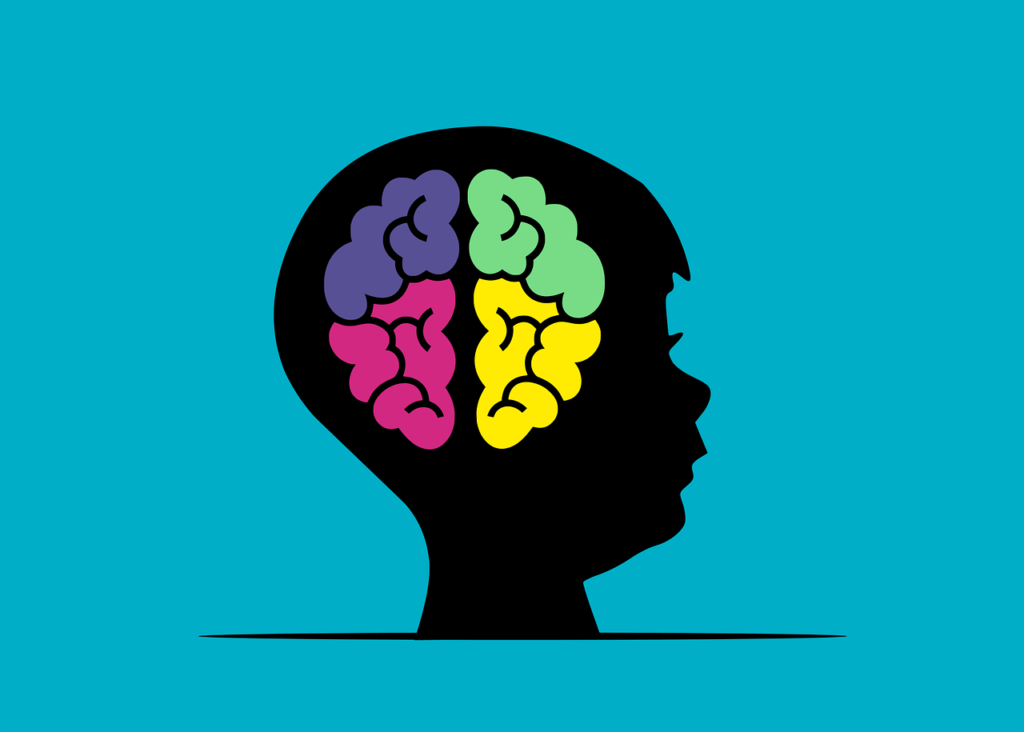Autism Spectrum Disorder (ASD), or autism, is characterized by a range of symptoms that can be categorized into social interaction challenges, behavioral patterns, and sensory sensitivities. Each child may experience these symptoms differently, making it essential to recognize the unique ways autism can manifest.
Social Interaction Challenges
-
- Delayed Speech: Children may have trouble speaking or understanding language.
-
- Avoiding Eye Contact: Difficulty in making eye contact or expressing emotions.
-
- Repetitive Speech or Actions: Repeating phrases or movements is common.
These symptoms often result in challenges with forming friendships, understanding social cues, or participating in group activities. Children may prefer playing alone and might find it hard to sustain relationships. They might also struggle to understand non-verbal cues like body language or facial expressions, leading to difficulties in grasping jokes or figurative language.
Behavioral Challenges
-
- Repetitive Behaviors: Engaging in repeated actions, like spinning or hand-flapping, is a common sign of autism.
-
- Rigid Routines: Children with autism often prefer strict routines and may become distressed by changes.
-
- Unusual Play Patterns: They might focus intensely on specific parts of toys, like spinning wheels on a car, rather than playing with the toy as intended.
-
- Self-Harm Tendencies: Some children may exhibit behaviors that can be harmful, such as banging their heads against walls or other objects.
-
- Limited Attention Span: Children with autism may have difficulty focusing on tasks for extended periods and may struggle with activities requiring sustained attention.
These behaviors can also include an intense interest in specific topics or activities, and an aversion to changes in daily routines, such as using the same route to school every day or eating only specific foods.
Sensory Sensitivities
Children with autism often have heightened or diminished responses to sensory stimuli:
-
- Hyper-Sensitivity: Loud noises, strong smells, or bright lights may be overwhelming. For instance, a child may cover their ears to block out sounds that seem normal to others.
-
- Hypo-Sensitivity: On the other hand, some children may seek out strong sensory experiences, like pressing against surfaces or smelling objects repeatedly.
-
- Selective Eating: Due to heightened sensory sensitivities, children with autism may prefer certain textures and avoid others, often leading to restricted diets.
Conclusion
The symptoms of autism vary widely, making it essential to understand and recognize the specific challenges each child may face. Early intervention and tailored support can make a significant difference in managing these symptoms and helping children with autism thrive.
If you found this information helpful, please share it with others who might benefit. For more detailed insights.

